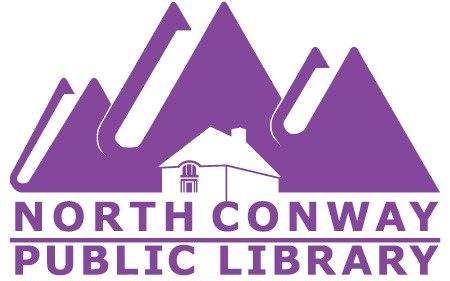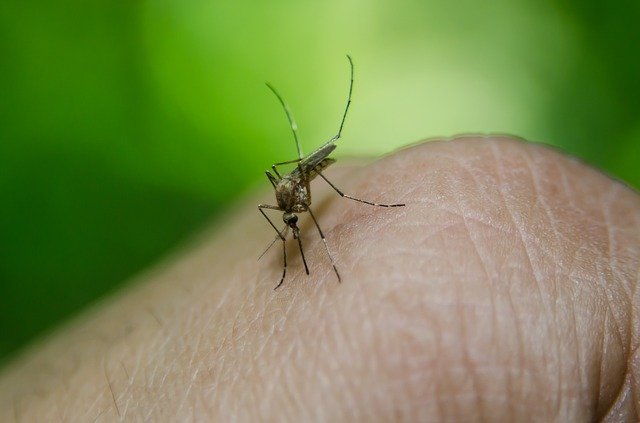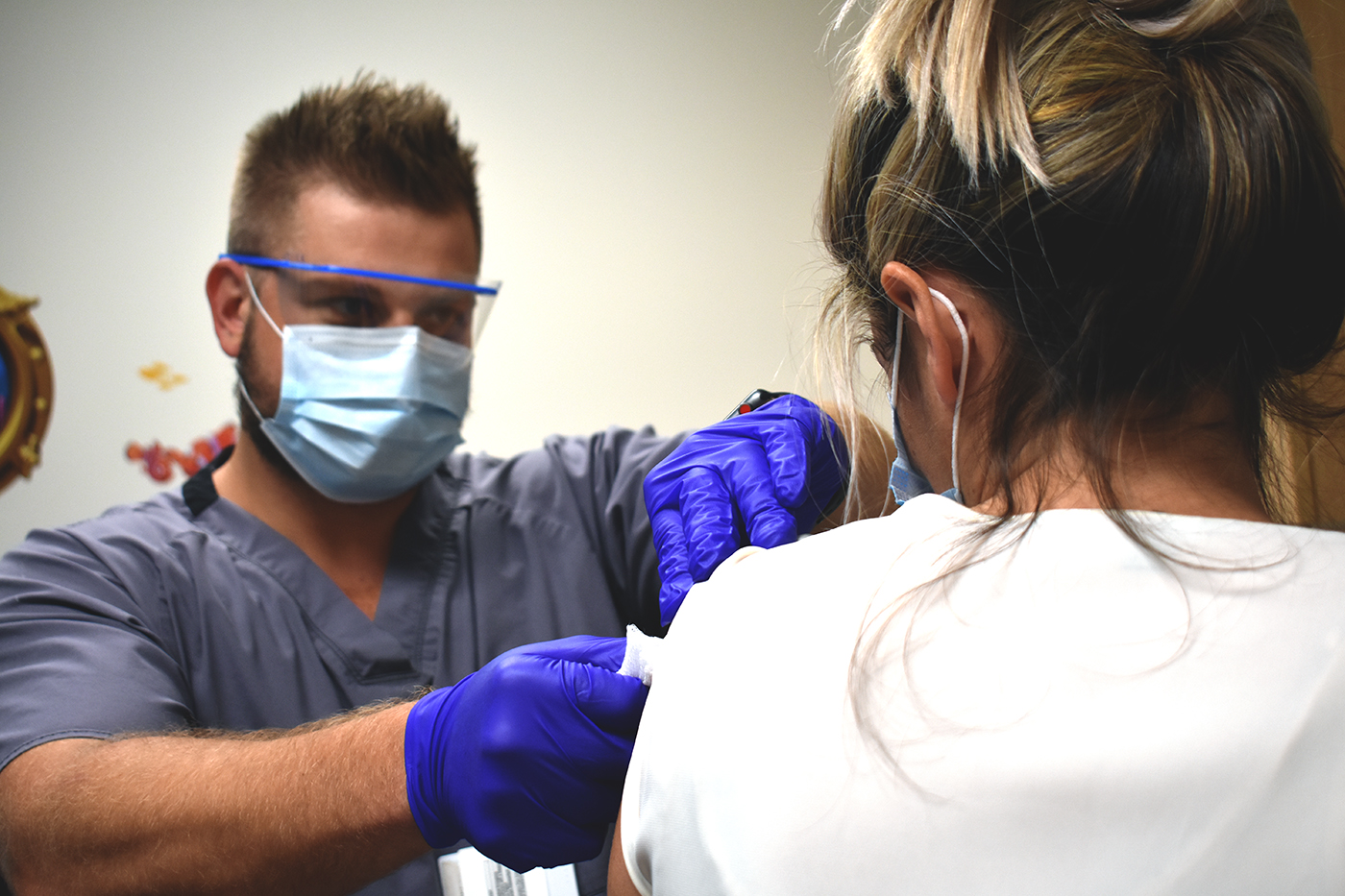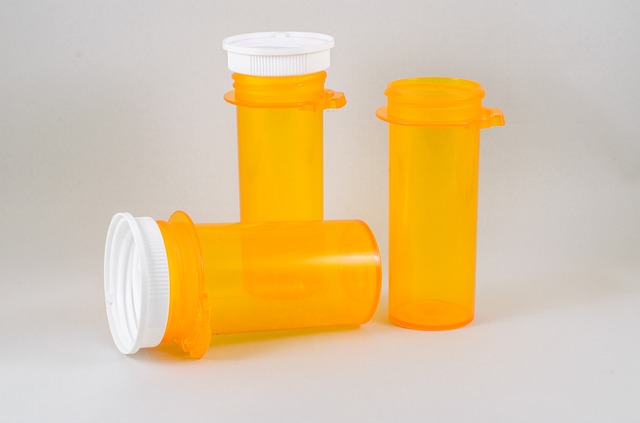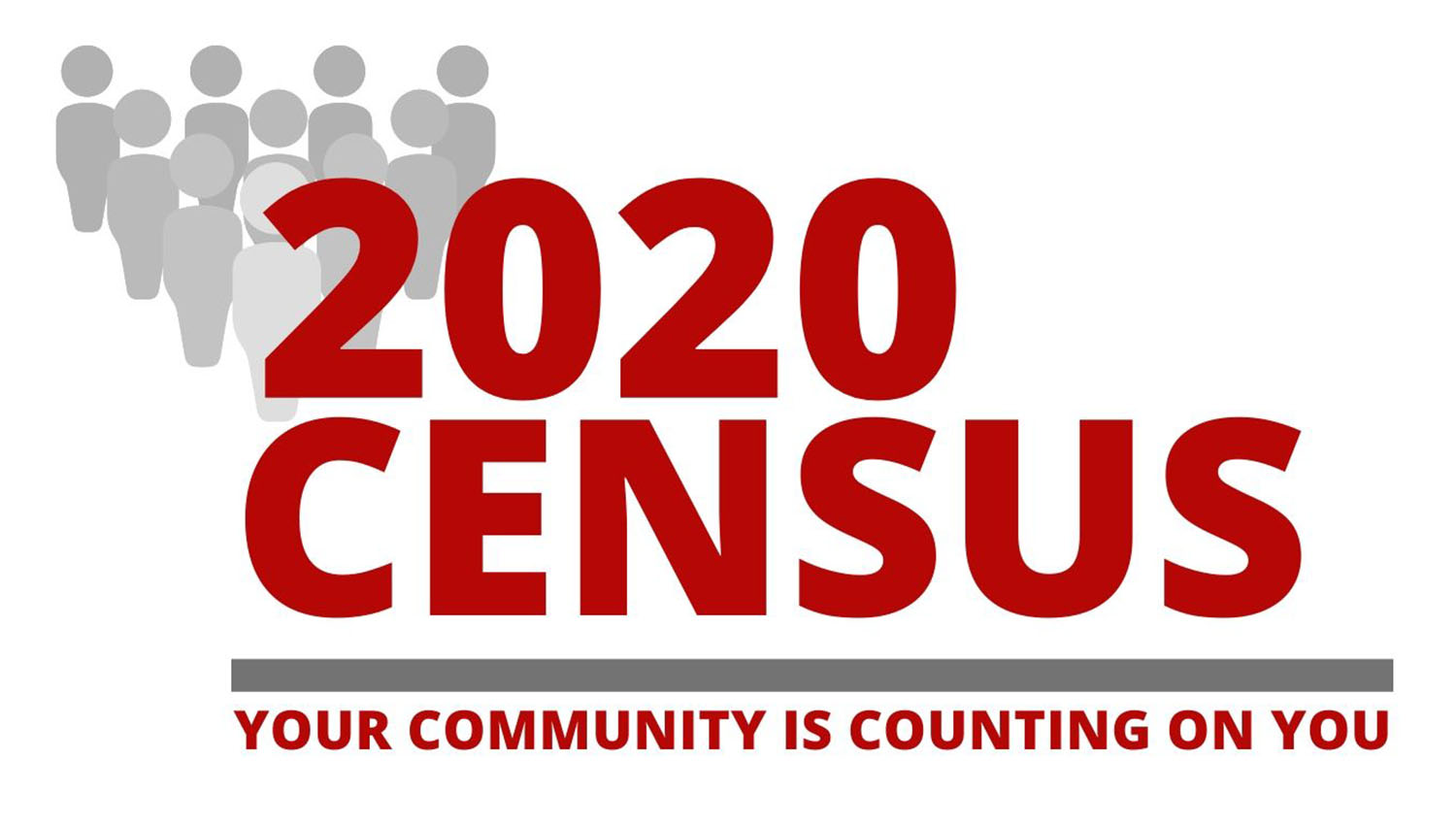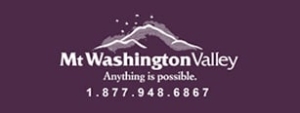NORTH CONWAY — As construction is making great progress at the North Conway Library, the library is now once again offering curbside service.
“The staff can finally enter our main reading room again and has regained access to most of our fiction collection,” said Library Director Andrea Masters. “Some areas are still inaccessible, like most of our mystery room, and our DVD and books on CD collections are still boxed up. We can reach only about half of those collections for a few more weeks but we decided to offer curbside service again since our patrons were really looking forward to checking out at least some books and DVDs.”
Library materials reserved online will be available for pickup on Tuesdays from 10 a.m.-noon, Wednesdays from 1-3 p.m. and Fridays from 10 a.m.-noon at the library’s Main Street entrance.
“We currently don’t have an active phone line at the library and our voicemail doesn’t always pick up. Therefore we ask our patrons to reserve online at ncpl.biblionix.com. If that’s not possible, you can email me at andrea@northconwaylibrary.com for your reserves,” said Masters.
“We are terribly sorry about the limited access, both to our phone and to our library materials, but we thought it would be better to have a limited opening for our patrons than none at all,” she said.
Patrons are asked to use curbside pickup only if they are feeling well, and to wear a face mask during the pickup and keep 6 feet away from others at all times.
For more information about curbside service and how to reserve library materials online, go to northconwaylibrary.com/about-us/Library-Closed-Construction.
Construction of the library addition and renovation of the old building have been ongoing throughout the COVID-19 crisis but some suppliers and furniture companies had production delays during the pandemic which has slowed down the final phase of the renovation.
“We hope to have a soft opening during the first week of October even though we will not have any shelving by then,” Masters said. “Here, again, we think it will be better to have limited access to our collection than none at all. We are missing our patrons and want to go back to serving them in person. That’s what we love to do the most. Making the lives of our patrons and the whole community better; that’s what we are here for.”


